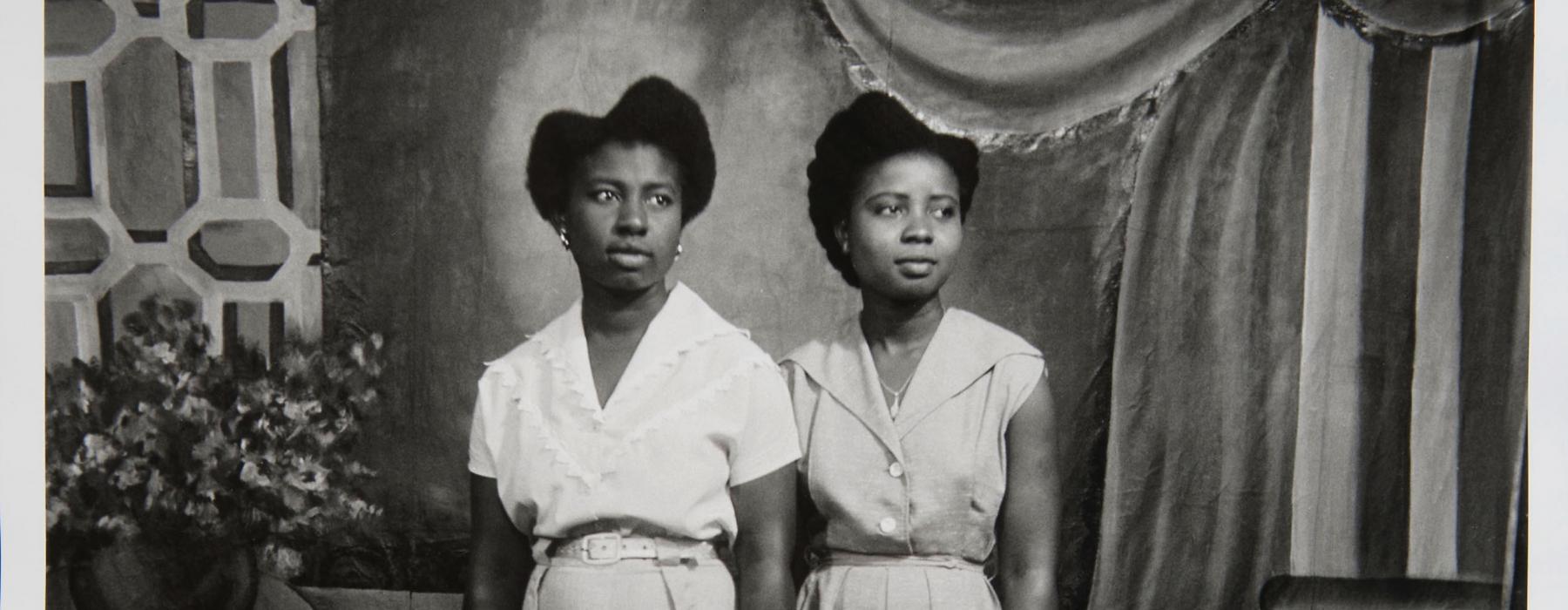
For this conversation we are interested in thinking through the ethnographic object and how we might think ‘from the object.’ In part this is so that our museums may be more accountable to their histories of colonial violence, but it is also to ‘listen to’ objects as witnesses and actors that responded to this violence to approach what Achille Mbembe refers to as “attempts to reassemble some form of the social and of community and, as such, the form of attending to matters of care and matters of repair” (Necropolitics 2019, p. 159).
